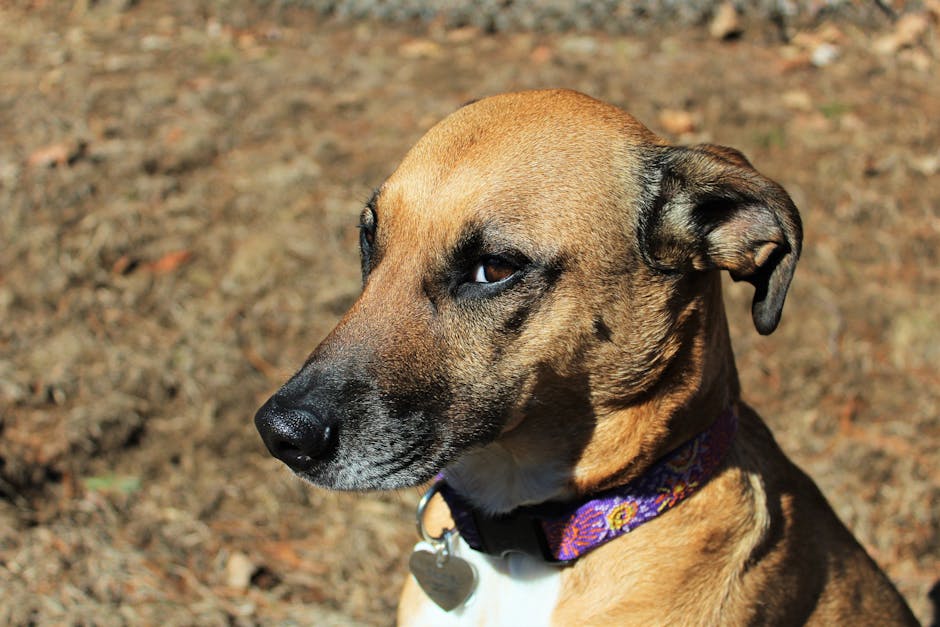Training your dog is not just about teaching them tricks. It's about creating a bond, establishing clear communication, and ensuring their well-being. But let's be honest, the journey can sometimes be as frustrating for you as it is for your furry friend. Fear not, fellow dog owners! With a dash of humor and a sprinkle of patience, we're here to help you navigate the wild world of dog training.
First and foremost, remember that each dog is unique. What works for one may not work for another. The key is to find a training method that suits your dog's temperament and learning style. Positive reinforcement is often a wise choice, as it rewards good behavior with treats, praise, or play. But don't shy away from gentle corrections when necessary, especially if your pup is engaging in destructive or dangerous behaviors.
Consistency is paramount. Dogs thrive on routine and predictability. Establish clear rules and commands, and stick to them as much as possible. This will help your dog understand what is expected of them and avoid confusion. And while it may be tempting to skip training when you're tired, it's essential to make it a regular part of your day. Even short, 10-minute sessions can make a significant difference.
Patience is the ultimate virtue of a dog trainer. Don't expect your dog to become perfectly obedient overnight. Training takes time, effort, and a healthy dose of love. Avoid getting discouraged if your dog makes mistakes. Instead, focus on praising them for their progress, no matter how small. And remember, even the most well-trained dogs can have moments of mischief.
Now, let's talk about the elephant in the room: potty training. It's a messy but inevitable part of dog ownership. Start by taking your puppy outside frequently, especially after meals and naps. Praise them profusely when they do their business in the right spot. If accidents happen, don't punish your dog. Instead, simply clean it up and try again.
Socialization is another crucial aspect of dog training. Exposing your dog to different people, animals, and environments will help them become well-adjusted and confident members of society. Dog parks, puppy playgroups, and obedience classes are great places to start. Just make sure to supervise your dog closely and intervene if any issues arise.
Finally, remember that training is a two-way street. You're not just teaching your dog; you're also learning about them. Pay attention to their body language and vocalizations. They will give you valuable insights into how they're feeling and what they need. And always, always, have fun! Dog training should be an enjoyable experience for both you and your furry companion. So go forth, arm yourself with treats, patience, and a sense of humor, and embark on the rewarding journey of training your dog to be the best boy or girl they can be.
